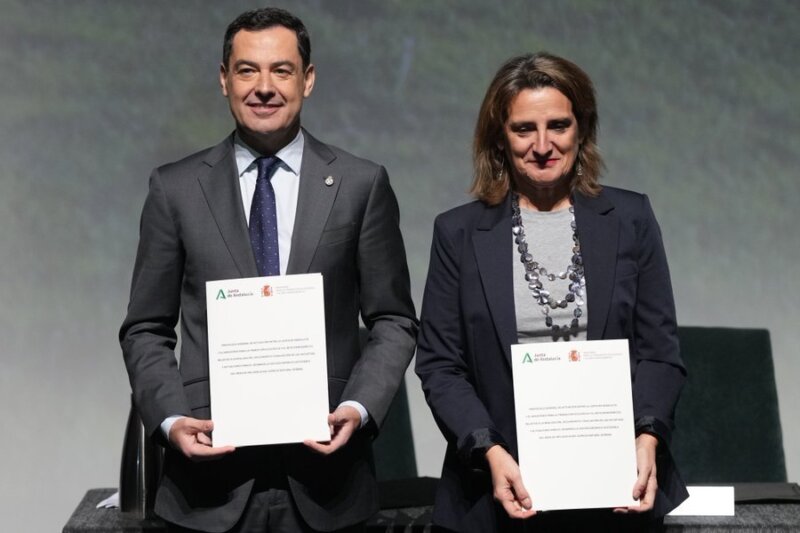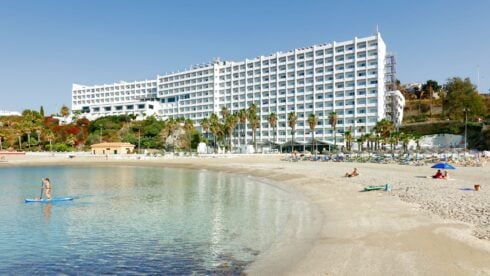THE NATIONAL government and the Andalucia region signed a deal on Monday to stop illegal irrigation in the drought-hit Doñana wetlands.
It brings the end of a two-year battle between the region and Madrid, with the national park in a critical state as lagoons dry out and biodiversity declines.
Scientists have previously called for a reduction in the pumping of water in an area where 38% of the population lives from farming or agriculture-related activities.
€350 million will be invested by the national government to stop the park drying up as farmers will get financial aid to stop cultivating and to switch to re-forestry projects in 14 municipalities in Huelva province.
The government aid is in addition to €356 million committed by Madrid to environmental improvements a year ago, and will be matched by €700 million from the Andalucia Junta.
As part of the agreement, Andalucia will cancel previously announced plans to expand irrigation near Doñana- a decision that Unesco, the national government and ecologists criticised for putting more pressure on the aquifer.
Ecological Transition minister Teresa Ribera said the plan was aimed at encouraging farmers to stop cultivating crops that rely heavily on water from underground aquifers that have been overexploited in recent years, damaging one of Europe’s largest wetlands.
“This is an agreement with which we put an end to pressure on a natural treasure the likes of which there are few in the world,” said Ribera.
Andalucia president Juan Manuel Moreno said farmers will receive financial incentives to stop cultivating and to reforest land, but those who wish to carry on as now will get less money and must also switch to growing ecologically-friendly dry crops.
If a farmer changes land to forestry use, the best case scenario would see him get up to €10,000 per hectare of aid for a decade.
Doñana is a wintering site for half a million waterfowl and a stopover spot for millions more birds that migrate from Africa to northern Europe.
It covers 74,000 hectares on an estuary where the Guadalquivir River meets the Atlantic Ocean.
Ecologists working in and near the park have long warned that its ecosystem of marshes and lagoons is under severe strain because of agriculture and tourism.
The situation has been made worse by climate change and a long drought, along with record high temperatures.
READ MORE:
- Spain’s Doñana National Park marks 54th anniversary amid challenges of drought and proposed irrigation measures
- Doñana’s biggest lagoon in Spain’s Huelva dries up for second year in a row marking unprecedented occurrence
- Experts slam Doñana’s new plan to grant watering rights to farmers
- Brussels issues new warning over plans for Spain’s Doñana National Park
Click here to read more Andalucia News from The Olive Press.








